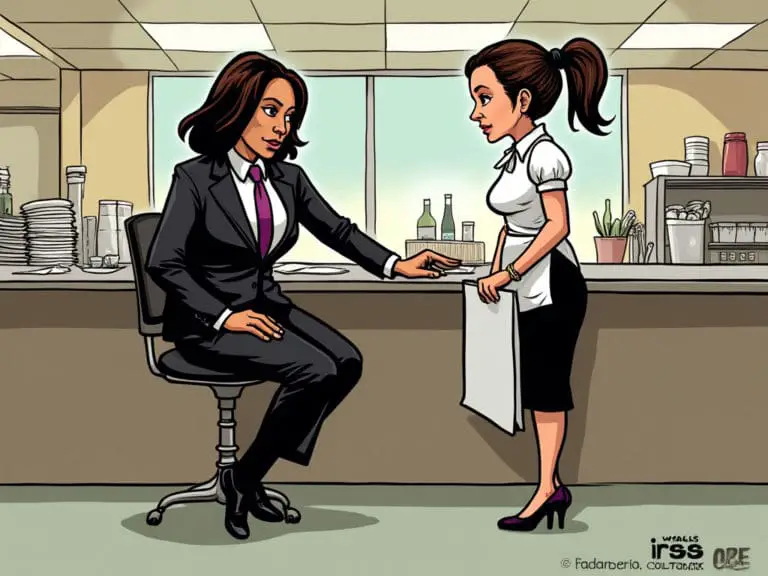As Kamala Harris steps into the presidential race, her record as Vice President under Joe Biden has come under intense scrutiny, particularly her role in two pivotal legislative decisions that many economists argue contributed significantly to the inflation surge the U.S. has experienced.
The American Rescue Plan Act (ARPA):
In March 2021, with a tie-breaking vote from then-Senator Kamala Harris, the Senate passed the American Rescue Plan Act. This act, while aimed at economic recovery from the COVID-19 downturn, included significant stimulus checks, enhanced unemployment benefits, and an expansion of the Child Tax Credit. Critics argue that this massive influx of cash into the economy, when supply chains were already strained, directly fueled inflation. The argument goes that by increasing demand without a corresponding increase in supply, prices naturally rose. Harris’s decisive vote here is often cited as a critical misstep in economic management, showcasing a lack of foresight into economic principles.
The Inflation Reduction Act:
Ironically named, the Inflation Reduction Act, passed in August 2022 with Harris’s vote, was intended to address climate change and reduce healthcare costs, but its impact on inflation has been debated. While it did include measures to lower prescription drug costs and invest in clean energy, which could theoretically reduce costs over time, the immediate effect was an increase in government spending with funding for 87,000 new IRS agents. Critics, including many on X, have lambasted this act as another example of short-term thinking, potentially exacerbating inflation by adding to government debt and future interest payments, which could further drive up costs for consumers.
Looking Forward: A Continuation of Policy?
If Harris’s presidential campaign promises are any indication, her economic policies might not diverge significantly from those that have been criticized for contributing to inflation. Her plans include:
- Expanding Social Programs: Harris has proposed extending and even expanding social safety nets like the Child Tax Credit. While aimed at reducing poverty, such measures could inject more money into an already overheated economy.
- Housing and Tax Credits: Her commitment to providing first-time homebuyers with a $25,000 tax credit and building millions of new homes might stimulate the economy but at the risk of further inflating housing costs if not managed with strict supply-side measures.
- Tax Cuts: After Trump announced that he was offering “no tax on tips” to American taxpayers, Harris jumped on board to offer the same thing. The problem is that she will likely not approve the proposal. Why? Because her administration (through the IRS) introduced a new Service Industry Tip Compliance Agreement (SITCA) program aimed at improving tip reporting compliance through advancements in technology like point-of-sale systems. This was not explicitly a clampdown but rather an attempt to streamline and potentially increase the accuracy of tip reporting, which could affect how much tax is reported on tips. Critics, however, viewed this as a method to increase tax collection from tipped workers. Unlike Trump, Harris isn’t offering to cut taxes on social security which will not bode well for her campaign and the senior vote.
The Critique:
The critique against Harris isn’t just about her past votes but her apparent economic philosophy. Critics argue that her policies lean heavily on demand-side economics, ignoring the supply-side issues that are at the heart of inflation. Her approach, they contend, shows a lack of understanding or willingness to address the root causes of inflation, like production bottlenecks, labor shortages, or regulatory burdens on businesses. In fact, the passage of the Inflation Reduction Act and ARPA was a tax on American taxpayers. As wages rise, so does federal income taxes. It was a tricky way of increasing taxes on all Americans, even those earning less than $400K/year.
Final Thoughts:
Kamala Harris’s legislative record as Vice President, particularly her role in passing bills that many believe contributed to inflation, raises serious questions about her economic stewardship if elected President. Her policies suggest a continuation of demand-driven economics, which, in the eyes of her critics, could perpetuate or even worsen inflation. As the nation grapples with economic recovery, the choice between Harris’s vision and alternative economic strategies becomes not just a political decision but a critical economic one for the future of American prosperity. The debate over her capability to lead the U.S. economy out of its current challenges is far from settled, but her past decisions provide ample material for those questioning her economic acumen.
